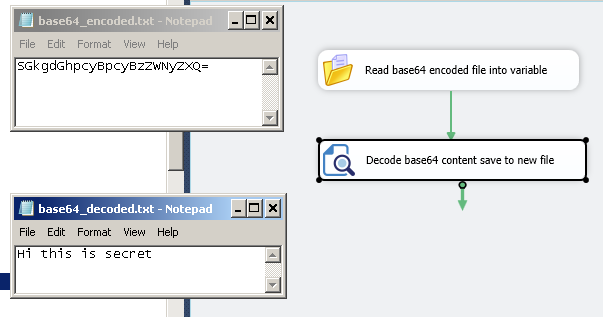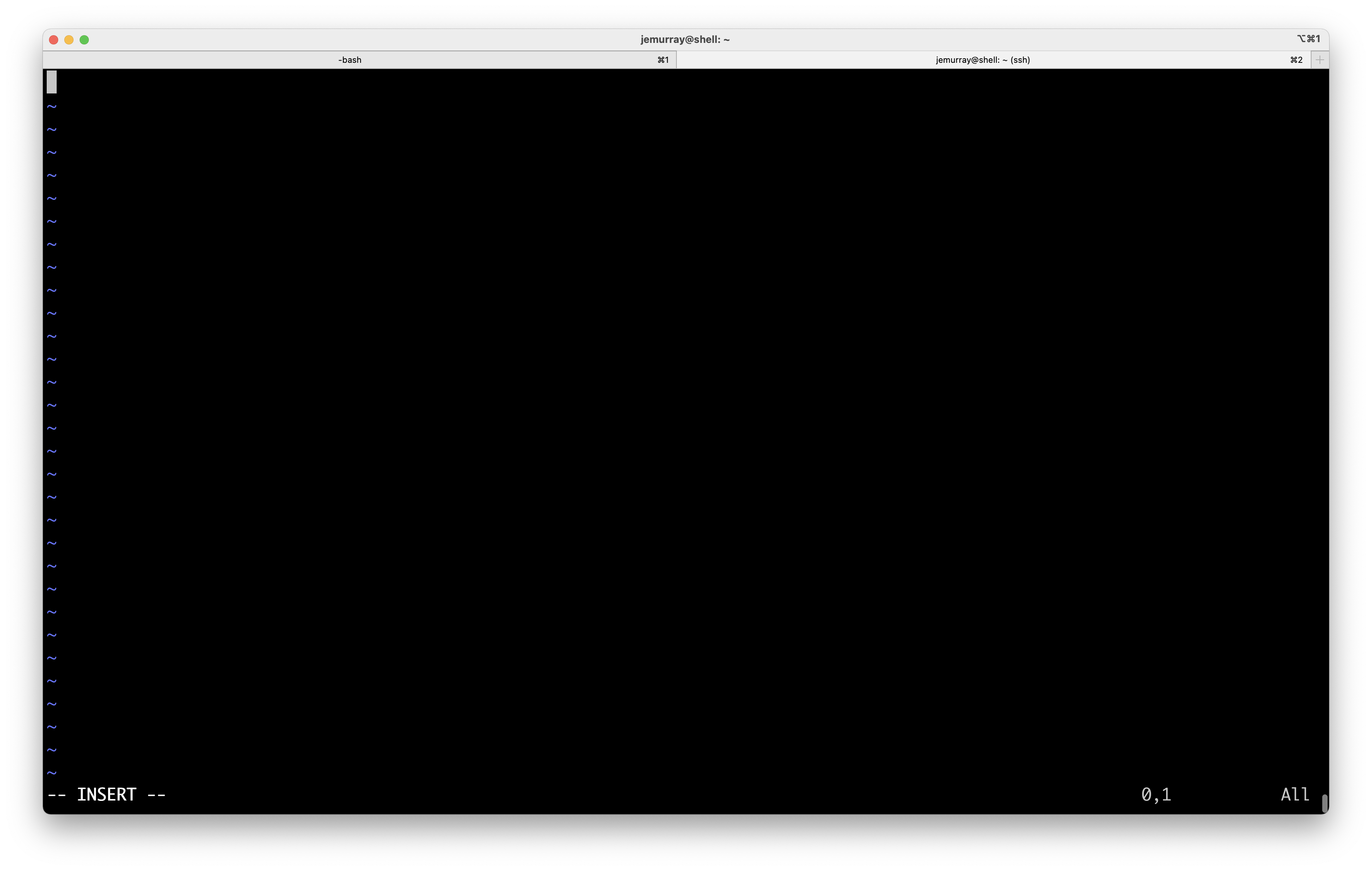

If that occurs, we have to pad the sequence. Note: Sometimes we are not able to group the data into sequences of 6 bits. We now re-group the 8-bit binary sequences into chunks of 6 bits. Recall that Base64 characters only represent 6 bits of data. The ASCII values of the characters P, y, t, h, o, n are 15, 50, 45, 33, 40, 39 respectively. Let's see how it works by converting the string "Python" to a Base64 string.

In mathematics, the base of a number system refers to how many different characters represent numbers.

What is Base64 Encoding?īase64 encoding is a type of conversion of bytes into ASCII characters. We will then use Python to Base64 encode and decode both text and binary data. In this tutorial, we would learn how Base64 encoding and decoding works, and how it can be used. By encoding our data, we improve the chances of it being processed correctly by various systems. Files with binary data, bytes that represent non-text information like images, can be easily corrupted when being transferred and processed to text-only systems.īase64 encoding allows us to convert bytes containing binary or text data to ASCII characters.
CONVERT ENCODED TEXT TO PLAIN TEXT PDF
Requires import .binary.Have you ever received a PDF or an image file from someone via email, only to see strange characters when you open it? This can happen if your email server was only designed to handle text data. 8.GetString(64String(base64EncodedData)) You should use Base64 whenever you intend to transmit binary data in a textual format. When and why would you use Base64 encoding? It also uses a = character at the end of a string to signify whether the last character is a single or double byte. MIME Base64 encoding is the most common, and is based on the RFC 1420 specification.

Encoding data in Base64 results in it taking up roughly 33% more space than the original data. Other examples of Base64 encoding are Radix-64 and YUI's Y64. It is used to transmit attachments via email over the Simple Mail Transfer Protocol (SMTP). MIME, which stands for Multi-Purpose Internet Mail Extensions, is the most common that is seen today. The term Base 64 is generic, and there are many implementations. RGFuJ3MgVG9vbHMgYXJlIGNvb2wh What is Base64 encoding? The MIME implementation uses the characters A-Z, a-z, and 0-9 for the initial 62 values that it can use to encode data. This is done via the MIME implementation of Base64. An example of this is an attachment in an email. To allow binary data to be transmitted with textual data it must be encoded.
CONVERT ENCODED TEXT TO PLAIN TEXT FREE
Use this free tool to turn binary data into text (encode) or text into binary (decode).


 0 kommentar(er)
0 kommentar(er)
